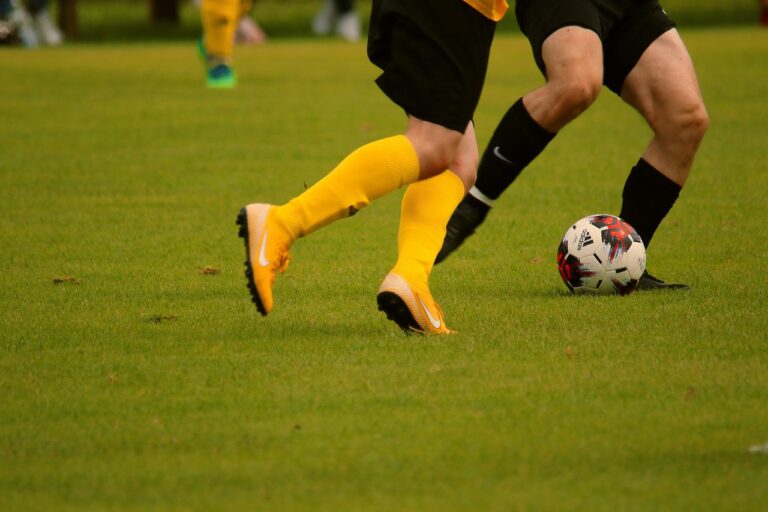The Science of Soreness: What Causes Muscle Pain After Workouts?
betbazar 247 login, playexch in login, gold365 id login: Have you ever experienced that satisfying, yet sometimes painful feeling in your muscles after a tough workout? That sensation, known as muscle soreness, is a common occurrence for many active individuals. But have you ever wondered what causes this discomfort? Let’s delve into the science behind muscle soreness and explore why it happens.
Muscle soreness, also known as delayed onset muscle soreness (DOMS), typically occurs 12 to 24 hours after exercise and can last up to 72 hours. It is most commonly experienced by individuals who engage in activities that their muscles are not used to, or when they increase the intensity or duration of their workouts.
So, what exactly causes muscle soreness? Here are some key factors:
1. Muscle Microtrauma: During exercise, especially activities that involve eccentric contractions (lengthening of the muscle), small tears occur in the muscle fibers. This microscopic damage contributes to the soreness felt post-workout.
2. Inflammation: The body’s natural response to muscle damage is inflammation. This inflammatory response can lead to swelling and pain in the affected muscles.
3. Lactic Acid Buildup: Contrary to popular belief, lactic acid buildup is not the primary cause of muscle soreness. However, it can contribute to the discomfort felt during and after exercise.
4. Fluid Imbalance: Intense workouts can lead to fluid shifts in the muscles, causing swelling and discomfort.
5. Muscle Fatigue: When muscles are pushed beyond their limits, fatigue sets in, leading to soreness and achiness.
Recovery plays a crucial role in alleviating muscle soreness. Adequate rest, hydration, nutrition, and proper stretching can help speed up the recovery process and reduce discomfort. Additionally, incorporating light activity, such as walking or gentle stretching, can help improve blood flow to the muscles and aid in recovery.
Now, let’s address some common questions surrounding muscle soreness:
FAQs
Q: Is it okay to continue working out when experiencing muscle soreness?
A: It is generally safe to exercise with mild muscle soreness. However, listen to your body and adjust the intensity and duration of your workouts accordingly.
Q: How can I prevent muscle soreness?
A: Gradually increase the intensity and duration of your workouts, warm up before exercising, cool down afterward, stay hydrated, and prioritize recovery.
Q: When should I seek medical attention for muscle soreness?
A: If you experience severe or prolonged muscle soreness, sharp pain, swelling, weakness, or limited range of motion, consult a healthcare professional.
In conclusion, muscle soreness is a natural response to exercise-induced stress on the muscles. Understanding the causes of muscle soreness and implementing proper recovery strategies can help minimize discomfort and promote overall fitness and well-being. Remember to listen to your body, prioritize rest and recovery, and consult a healthcare professional if needed.







